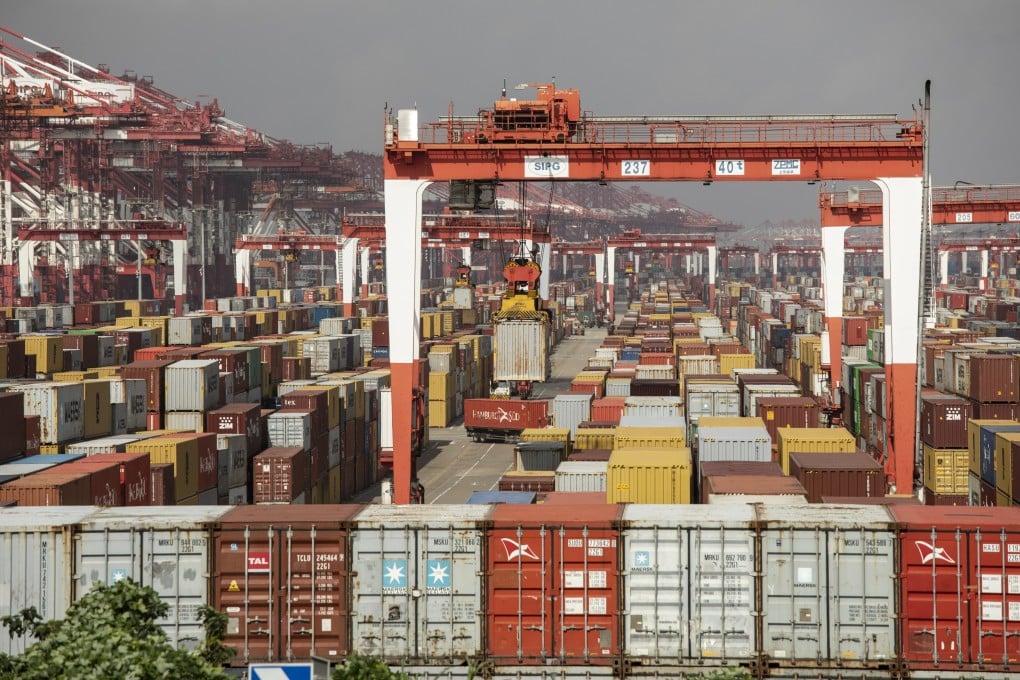Explainer | China shipping: from its monopoly on containers, to its critical role in the global supply chain
- Behind China’s economic might is the world’s biggest shipping industry, and 2021 has seen it tested like never before
- China has seven of the world’s top 10 container ports, plus about 400 smaller ones

How important is shipping to China’s economy?
As the world’s largest exporter and producer of industrial goods, China’s exports contributed to 39.18 per cent of the country’s GDP in 2020. Meanwhile, the country is also the world’s second-largest importer, after the United States.
Foreign trade inevitably has to rely on transport. Among the various transportation methods, maritime transport, or shipping, is the most important for China. Shipping is also closely related to the global economy, as more than 85 per cent of goods are transported by sea in international trade, according to Clarksons Research.
China’s official figures and World Trade Organization data show that merchandise worth US$2.5 trillion was imported to and exported from China via shipping in 2020 – that was 53 per cent of China’s total trade value of that year, higher than transport by air, rail and road combined.

01:30
Global supply chain crisis bites in US cities as store shelves empty with rising demand
What is China’s role in the global shipping network?
In terms of its cargo capacity for seaborne trade, China ranked third globally with 6,896 ships and a total deadweight tonnage (DWT) of 128,892,849 in 2020, trailing only Greece and Japan, according to United Nations Conference on Trade and Development.
China’s major shipping companies include state-owned COSCO Shipping and China Merchants Group. COSCO Shipping, the world’s biggest shipping company, said that it had a fleet of 1,371 vessels with a combined capacity of 113.7 million DWT as of August.
The company is also the world’s biggest terminal operator, with the annual throughput of its container terminals amounting to 129.4 million twenty-foot equivalent units – a standard measure of volume in units of twenty-foot long shipping containers.
With more than 400 ports scattered along its inland rivers and coastline, China has four of the top five global container ports, and seven of the top 10. Shanghai Port is the world’s largest port in terms of container throughput, and Ningbo-Zhoushan is the largest port in terms of cargo tonnage.